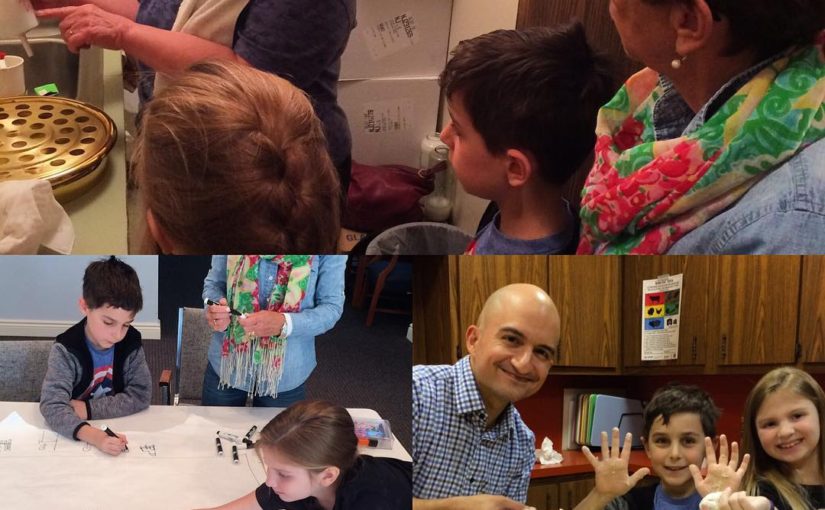When the days drew near for him to be taken up, he set his face to go to Jerusalem. And he sent messengers ahead of him. On their way they entered a village of the Samaritans to make ready for him; but they did not receive him, because his face was set towards Jerusalem. When his disciples James and John saw it, they said, ‘Lord, do you want us to command fire to come down from heaven and consume them?’ But he turned and rebuked them. Then they went on to another village.
As they were going along the road, someone said to him, ‘I will follow you wherever you go.’ And Jesus said to him, ‘Foxes have holes, and birds of the air have nests; but the Son of Man has nowhere to lay his head.’ To another he said, ‘Follow me.’ But he said, ‘Lord, first let me go and bury my father.’ But Jesus said to him, ‘Let the dead bury their own dead; but as for you, go and proclaim the kingdom of God.’ Another said, ‘I will follow you, Lord; but let me first say farewell to those at my home.’ Jesus said to him, ‘No one who puts a hand to the plough and looks back is fit for the kingdom of God.’
Luke 9:51-62
My sermon from the 6th Sunday After Pentecost (June 26, 2016) on Luke 9:51-62. Blessing of the Animals Sunday.
Podcast: Play in new window | Download


